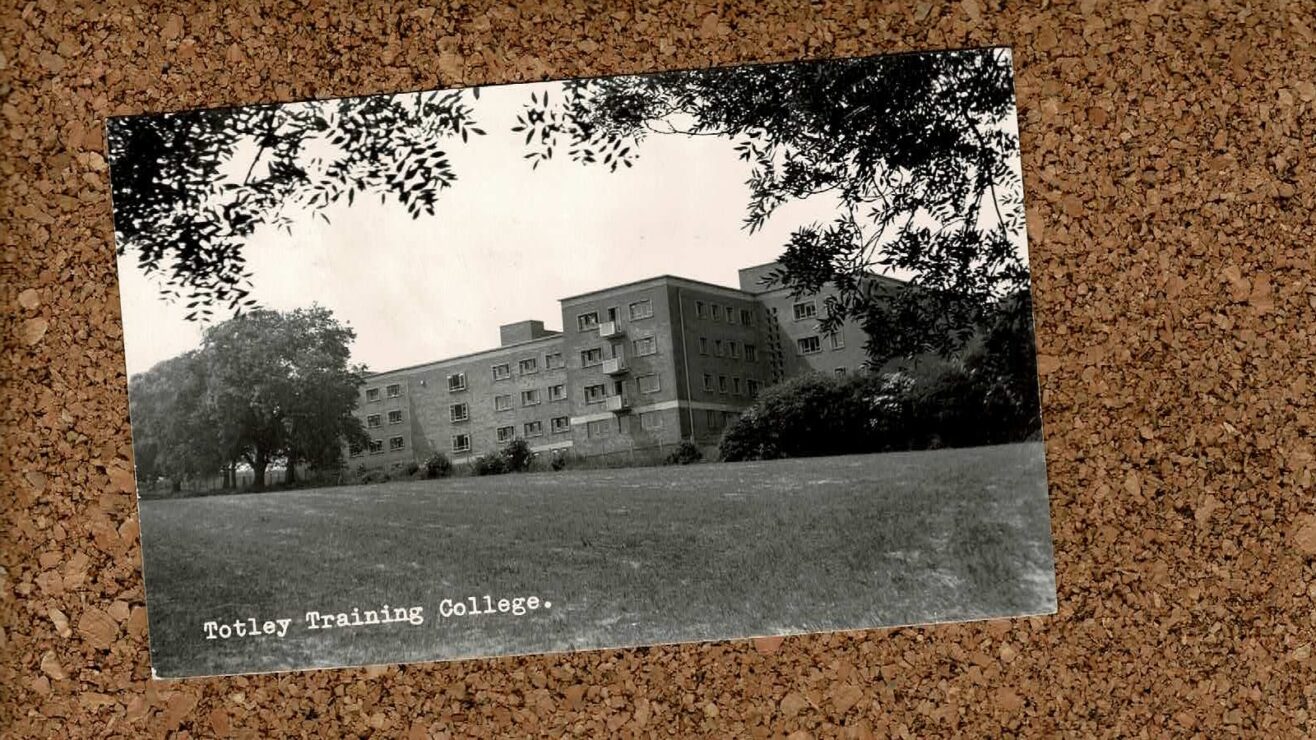It won’t have escaped your notice that there will be a new regulator in higher education from next April, or that one of the roles the Office for Students will assume will be regulating fair access to higher education in England.
That’s been the job of the Office for Fair Access, which I lead, since 2004, and we here at OFFA have no intention of taking our collective foot off the pedal between now and April – which will be no surprise to anyone who knows me and my dedicated, hard-working team.
But of course, like everyone, I’m looking to the future. And what I see is that the OfS represents a once-in-a-generation opportunity for access and participation. It has the potential to be an enormous force for good.
I believe it has a responsibility to lean into that potential and turn it into real action. The next few months will be the time to ensure that happens.
Beyond incremental change
We have had assurances that access and participation will be a priority for OfS, and clearly, this is what its new leaders want and what Ministers intend. But even with the best of intentions, moving access regulation to a bigger organisation with multiple duties is always going to bring the risk of it being eclipsed by competing priorities.
That must not happen, because if the OfS fails on access and participation, it fails students.
I always say that good progress is being made on fair access – that it’s a national success story. Well, I stand by that, but let’s be clear, it’s good progress made from a very low baseline, which means that the overall result is still quite low.
And the problem with incremental progress is this: every year that we don’t have truly fair access is another year in which we say to a lot of talented and intelligent people who just happen to come from particular backgrounds, “Sorry guys, you’ll have to keep on waiting, yet again.” Being on course to get rid of the barriers in decades’ time is not fair to those people who deserve to be in our universities and colleges right now, not to mention that the rest of us continue to miss out on the benefits to our economy and society that fair access could bring.
We need a real step change in progress.
The challenges that remain
Believe me, I am fully aware of what a big ask that is. Today OFFA is publishing a summary briefing on the current situation in fair access – the gains made and the challenges that remain – and it makes sobering reading. While overall entry rates for young disadvantaged people give us more good news each year, when we look at access, completion rates and outcomes at a more detailed level, we see trends for many groups that range from worrying to appalling. There is a whole garden of nettles that the OfS will have to grasp.
But if the OfS is built with the right mission, values, staff and systems, it will be able to drive the transformational change that is needed.
The OfS must put fair access and participation at the heart of all its work. If you’ve ever read OFFA’s guidance, you’ll know that we advocate the “whole institution approach” in which access, success and progression are part of thinking in all areas of an institution’s planning and operations. Well, I want the OfS to take a “whole regulator approach” in which access and participation permeate everything it does. The people working in the OfS, at every level, not just at the top, must be thinking about how every aspect of their work might improve access and participation – and as a matter of course, not as an optional add-on.
The OfS must build on the lessons that OFFA has learned in the past 13 years about effective approaches to regulation. OFFA is a tiny organisation and, although we’ve punched a long way above our weight, our size has always limited what we’ve been able to do. The OfS will have much bigger resources – in data analysis, for example – that will enable it to take what we’ve done and do it even more and even better. That means focusing on outcomes, following evidence, and offering support and challenge in ways that respect the wide diversity of institutions.
The OfS must recognise that, given the chance, some institutional leaders would only pay lip service to fair access and participation, and must be tough enough to force them to take it seriously. But there are many institutions that are truly dedicated and are getting real results. The OfS should celebrate that often under-appreciated success, and facilitate the conversations that spread effective practice across the sector.
It will be crucial to encourage approaches to access and participation that are strategic, collaborative, whole-institution, cover the whole student lifecycle and – above all – which show evidence of actual impact. Throwing money at ideas that sound good but aren’t really helping anyone will not achieve the change that students deserve.
And, last but not least, the OfS must strive as hard as OFFA has striven to keep access and participation on the public agenda. These issues are now embedded in government policy and a key priority for Ministers, but nothing is ever permanent in politics and the OfS will need to continue to make the case, again and again, for staying in that spotlight.
When I was appointed Director of Fair Access back in 2012, I promised that now I had the job, I would actually do it – and I am. Now, it is time for the OfS to make the same promise. It has to walk the walk as well as talk the talk on access and participation. I will be doing everything I can to make sure that happens, and I invite everyone else in higher education to join me.













